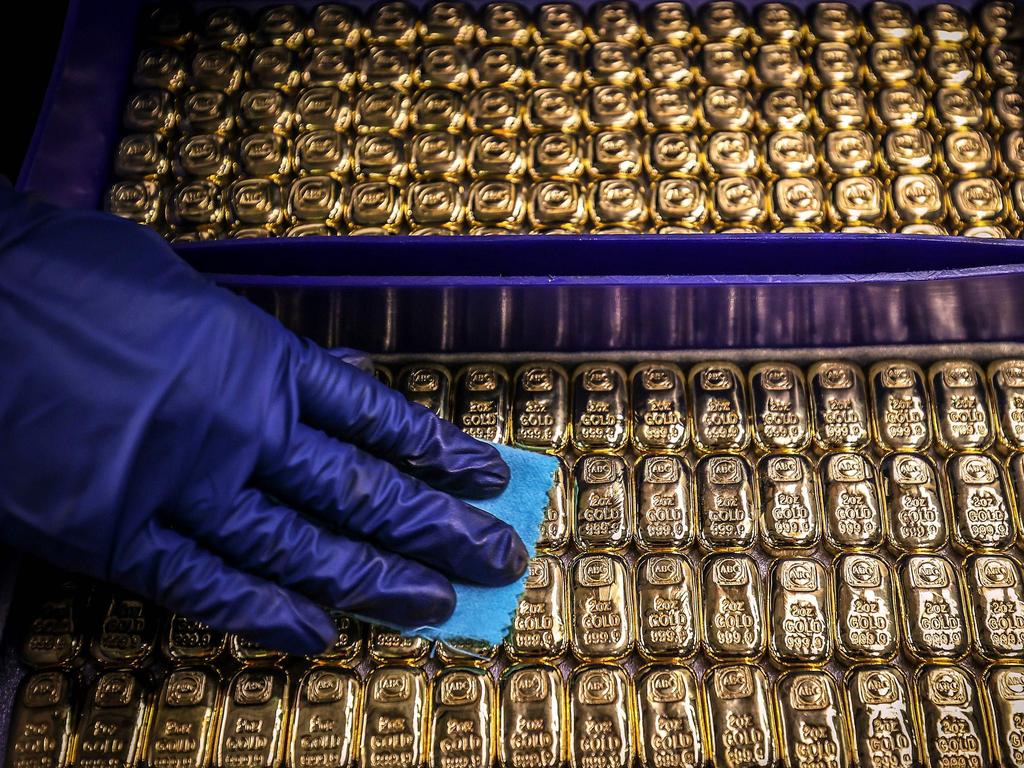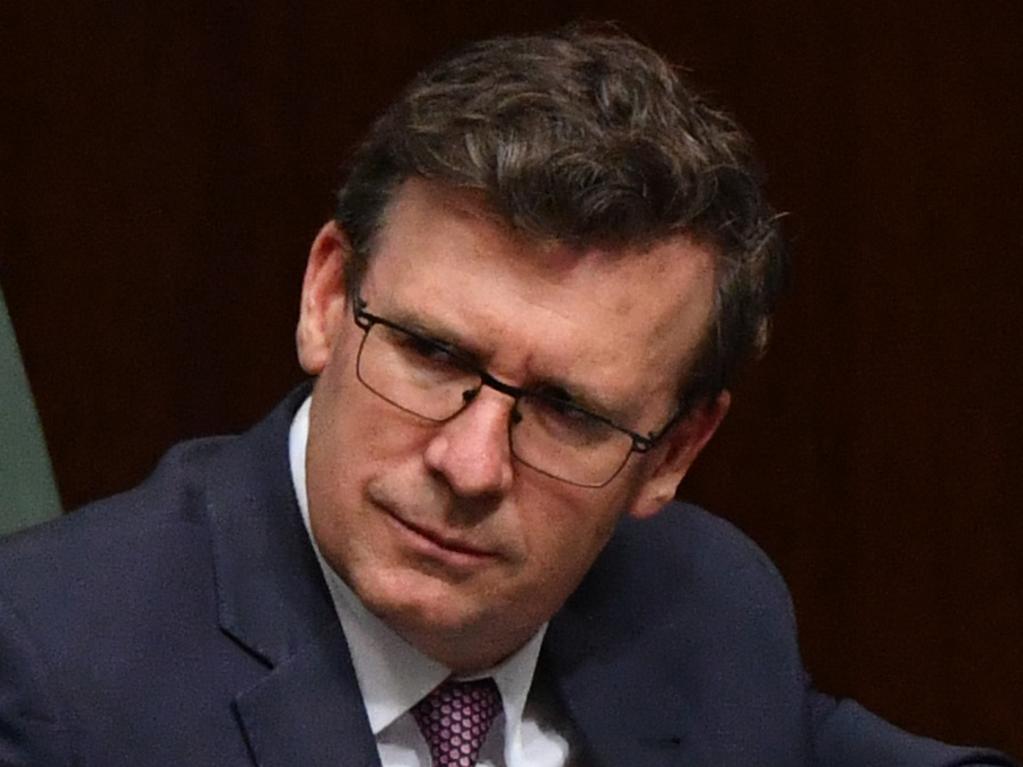ATO failures do not end with robodebt


The government has wisely paid out $1.2bn in the robodebt scandal, but there is at least one more enormous settlement ahead — potentially much larger than robodebt — as the government pays the price the for not listening to the community on what really happens in the ATO.
In 2016, the ATO could do no wrong in government eyes. So when it told the government that by using ATO taxable income figures the government could automatically determine pension entitlements and where people had over-claimed, cabinet believed it.
It was, of course, a total fiction because the ATO systems and taxable income figures are simply not good enough to make that sort of determination.
Ironically, there is a second ATO compensation payment above $1bn facing the government that also harks back to 2016, when the ATO decided (on the basis of last week’s federal court decision, illegally) to bankrupt vast areas of the Australian gold-refining industry by withholding GST refunds and issuing enormous tax assessments.
When likely state government compensation is added, the damages payout from the set of disastrous ATO decisions on gold is likely to be much greater than the $1.2bn robodebt bill.
The government now needs to look around the community for other areas where flawed ATO data and strategies possibly is being used. It can start with the funding of independent schools, which is now being calculated on the basis of the taxable incomes of parents. On the surface it’s a fair way of allocating the money, but the robodebt disaster casts a clear doubt.
And even more likely to create a “robo-repeat” is the revelation in the ATO’s 2019 annual report that an incredible 530,508 tax-payable adjustments arose from auto audits in 2018-19, compared to 361,107 auto audit adjustments in 2017-18.
That is an increase of 169,401, or almost 50 per cent, in one year using an ATO system that has already caused the government to pay $1.2bn in compensation to 430,000 people.
It is ironic that the minister who is taking the heat for the robodebt disaster, Stuart Robert, was in fact the first minister in the government to realise the deep flaws in the ATO.
Robert became assistant treasurer in 2018 and in that role was responsible for the ATO, although under current legislation the tax office is a law unto itself and has almost unlimited power.
Robert saw the disastrous attacks the ATO was launching on smaller enterprises, led by Australia’s innovative research entrepreneurs. Some are now being righty compensated. Robert, along with Small Business Minister Michaelia Cash, attempted to set up a small business appeals tribunal.
No one knows exactly how many times Robert sent ATO proposals back for revision, but legend has it that tax office material was send back 40 times before finally Robert achieved his aim.
While the tribunal was important, we now realise that the total ATO appeal and tax collection system is simply not working and the government is planning a total overhaul. But Robert’s appeal body was a good first step.
Then in May last year, Robert was given the social services and disability portfolios. He must have known he was being handed the two toughest assignments in the cabinet. In rugby terms it was a hospital pass. No doubt, it didn’t take Robert long to realise that the same arrogant ATO approach he encountered as assistant treasurer was duplicated in the robodebt saga. To the great credit of both Robert and the government, rather than prolong this ATO disaster into the court system and other areas, they faced the fact that the ATO’s data and systems had not worked and that a dreadful mistake had been made.
It represents good government for those sort of mistakes to be admitted and rectified. In the case of gold, the reverse took place.
The ATO should have blocked an obvious loophole in the GST on gold back around 2003, when every other country that had made the same mistake was doing it. But that meant admitting an ATO error, so no one acted until 2017, when I started writing about it.
The states lost billions in GST revenue through simple ATO incompetence and they have a very good case to recover those losses from Canberra.
But the gold saga got worse. Instead of tracing the crooks who were robbing the states of their GST, the ATO decided to destroy most of Australia’s gold refining industry, almost all of which were innocent of any wrong doing. Those who were destroyed now have excellent cases for big damages claims.
Josh Frydenberg will face the same dilemma as Robert: does he keep fighting or admit that there were simply a set of shocking decisions that must be rectified.
But even though the community is set to pay out further large sums as a result of the ATO mistakes, it will actually be worth it if the government takes the next step and introduces a proper US-style taxation appeal and collection system. And as we saw in the excellent way the ATO managed the JobKeeper rules, there are some good people in the ATO who will be delighted when the ATO gets back to its core activity: the business of fairly collecting tax.






The federal government is learning the hard way what the Australian business community has known for long time — that the Australian Taxation Office’s systems and the culture in parts of its operation are deeply flawed.